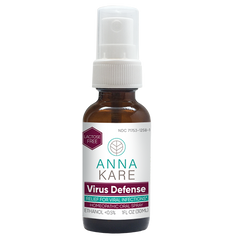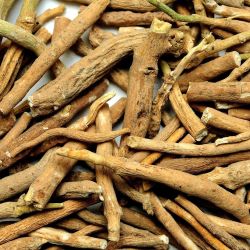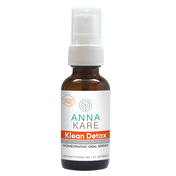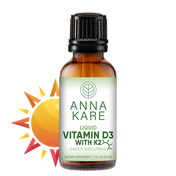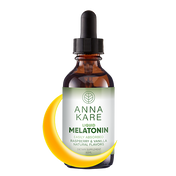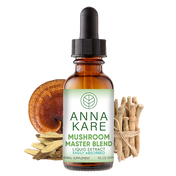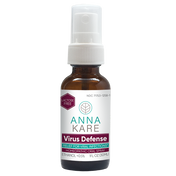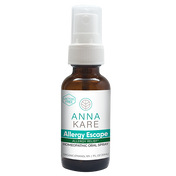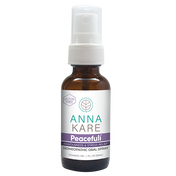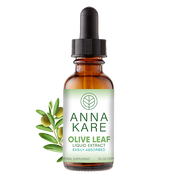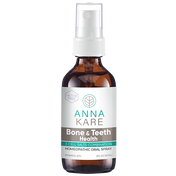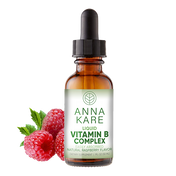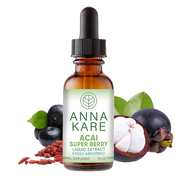Calling all pet parents, aunts, uncles, caregivers, and more. There’s a mystery going on around the canine world, and it’s got veterinarians across the country, 16 states and counting, perplexed. It’s the case of a mysterious canine respiratory illness, and in this post, we’re going to tell you everything you need to know and how you can use homeopathy to support your dog.
What Is Canine Respiratory Illness?
It’s an infection that is part of the canine infectious respiratory disease complex (CIRDC), but vets have been calling this particular strain atypical, so aCIRDC. It is caused by bacterial and viral pathogens, which in the dog world are very contagious, but in this case, its origins are unknown.
What Are the Symptoms of aCIRDC?
Dogs afflicted with this illness will show signs of
- coughing,
- discharge from their eyes or nose,
- have a lack of appetite, and
- will be lethargic.
Clinical signs of this illness include tracheobronchitis, otherwise known as inflammation of the trachea and bronchi.
It can last six to eight weeks but can stretch out longer, and owners should be warned that some dogs have developed pneumonia. In a few cases, dogs have had to go on high-flow oxygen. It’s also important to note that this illness does not respond to antibiotics.
What Dogs Are More Susceptible?
According to CBS Boston, although all dogs are at risk, dog breeds with short snouts or flat faces, such as French bulldogs or pugs, are more likely to catch this mysterious illness. This is largely in part due to their predisposition to respiratory illnesses.
Can Humans Catch It?
Thankfully, the risk of humans contracting this illness is low, but doctors still advise you to wash your hands after coming in contact with dogs. If you have other pets in your home, such as cats, birds, etc., it doesn’t look like it will spread outside of the canine world.
That said, we would strongly suggest that if you are frequently around dogs or your dog is sick, to continue to keep your immunity strong; we’ve got some tips on that coming up.
What Can You Do to Keep Your Dogs Safe
Although there is still a lot of mystery surrounding this dog respiratory illness, experts do believe that direct contact is how it is spreads. On that note, here are some tips on what you can do to help keep your dogs safe.
- Avoid areas with a high concentration of dogs, including dog parks, kennels, groomers, and dog walkers with multiple dogs. Please note that if you have more than one dog, they do not need to be separated unless you feel as though one of them is sick. Also, avoid doggy play dates until things have calmed down.
- Help to strengthen your pup’s immune system (more on this below).
- Keep your dog hydrated.
- Be vigilant with your dog’s health. Pay special attention to any respiratory distress such as coughing, wheezing, shortness of breath, as well as loss of appetite or energy, red or gunky eyes, lots of sneezing or a runny nose, and even possible vomiting.
- Stay calm and try not to stress about your dog being at risk of getting sick; remember, they feed off our emotions and can tell when we are upset about something.
- Continue to wash your hands frequently.
- If you have plans to travel, hire an in-home dog sitter or call a friend or loved one to watch them rather than a boarding home. If that’s not possible, consider bringing your pet with you.
- Lastly, and possibly most importantly, contact your veterinarian if your dog seems “off” and please don’t wait until the symptoms worsen.
Homeopathic Remedies to Help Protect You and Your Pet
Many of our customers have proclaimed their love for many of our homeopathic AnnaKare liquid and lactose-free remedies to treat a variety of symptoms. But did you know that they are also safe to use on animals? Here’s what we suggest.
Virus Defense
Virus Defense includes a healthy arsenal of illness-fighting homeopathic remedies including Bryonia (Wild Hops), Eupatorium (Thoroughwort), and Hydrastis (Goldenseal).
They work as healing agents and can help repair the damage caused by harmful viruses to the cells and tissues in the body.
Bryonia works to relieve pain in the larynx, trachea, and bronchi. It is helpful when an illness gets trapped in the chest and causes a painful spasmodic cough.
Eupatorium is an effective natural aid in relieving hoarseness and cough, considerable pain in the muscles and limbs, and can help break a fever.
Hydrastis is used to ease phlegm and yellowish, ropy secretions anywhere – including nose, throat, and eyes – and helps recover from weak muscular power and poor digestion.
Cold Armor
Cold Armor a beloved liquid spray used by many of you to help fight off the common cold, but did you know homeopathic Cold Armor is also an effective ally for pets? Particularly in the case of this mysterious respiratory illness when your dog coughs and seems to be congested, it goes to work to help alleviate difficulty breathing.
Tissue Salts to Support Immune Health and Help Fight Illness in Dogs
Tissue salts, also called cell salts, are not just for humans and that’s because minerals are just as essential to your dog’s health as they are to ours. If you’re curious to know more, you can read about it in our blog Cells Salts for Dogs. For now, we’ll focus on four cell salts that can help your dog during illness.
Cell Salts Calcarea Sulphurica and Kali Muriaticum
Cell salts Calc Sulph and Kali Mur assist with colds and coughs to reduce and expel excess mucus and support the lymphatic system in fighting disease. You can combine or alternate them throughout the course of a respiratory illness.
|
Cell Salt Calcarea Sulphurica
|
Cell Salt Kali Muriaticum
|
Cell Salt Ferrum Phosphoricum
Cell salt Ferr Phos works to supply oxygen to the cells, supports red blood cell production, and helps to relieve inflammation, soreness, and fever. It is an ideal daily ally during the winter months when colds and coughs occur more frequently.
|
Cell Salt Ferrum Phosphoricum |
Cell Salt Calcarea Phosphorica
Cell salt Calc Phos improves immune system strength and overall energy and can contribute to a faster and fuller recovery from illness. Calc Phos is a must-have cell salt year-round but especially important after a health challenge.
|
Cell Salt Calcarea Phosphorica |
AnnaKare Homeopathic Remedies Dosing Chart for Dogs
AnnaKare liquid and lactose-free homeopathic remedies come in the form of oral sprays. You can squirt them into your dog’s mouth or water bowl. Or you can mix them in their food.
The following dosing chart can be used as a general guide for giving AnnaKare's homeopathic remedies and cell salts to dogs.
| Under 25 lbs | 1 spray per dose |
| 26 -150 lbs | 2 sprays per dose |
| 150 - 500 lbs | 3 sprays per dose |
For regular support, give one dose three times a day. In acute situations, you can give one dose every 15 minutes for three doses. Then every two to three hours. As improvement sets in, keep reducing the frequency back to three or four times a day.
Don’t Forget Your Immunity Too!
While we know that this illness seems to be restricted to dogs for the moment, it’s important that you as a pet parent are also healthy. After all, you are your dog’s world, and when they aren’t feeling their best, they need you to be there for them.
Stock up on homeopathic cold and flu remedies and cell salts for your pets and for yourself. To find out about more natural ways and clean liquid vitamins and supplements that give your immune system a boost, read our blog, 7 Simple Ways I Can Boost My Immunity.
References:
CBSnews.com, Map shows where mysterious dog respiratory illness has spread in U.S. (12/19/2023)
AAHA.org, Canine respiratory mystery: What we know about the outbreak (12/7/2023)
Please note: Content and product descriptions are grounded in natural wellness and traditional homeopathic practice. They have not been evaluated by the Food and Drug Administration.


